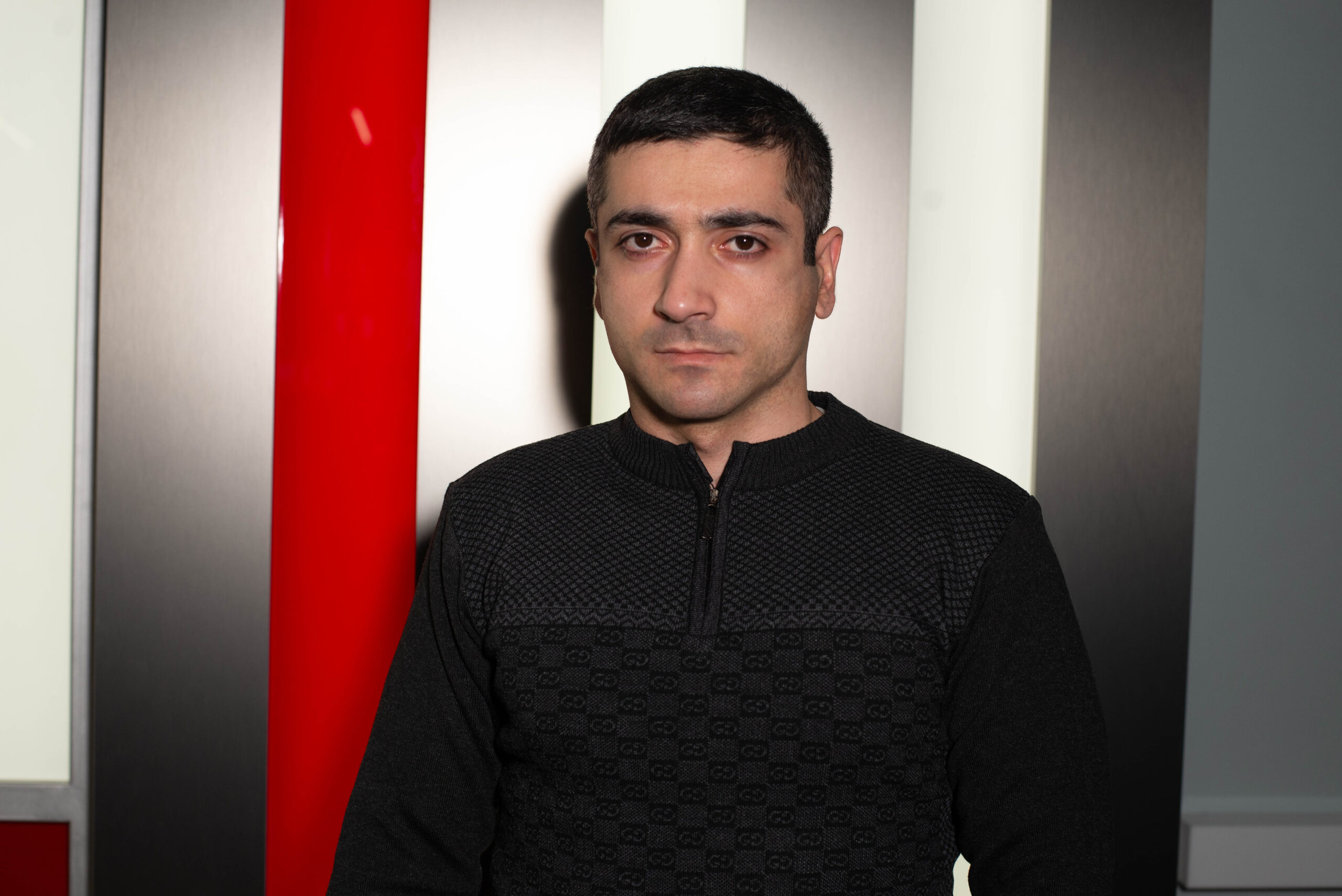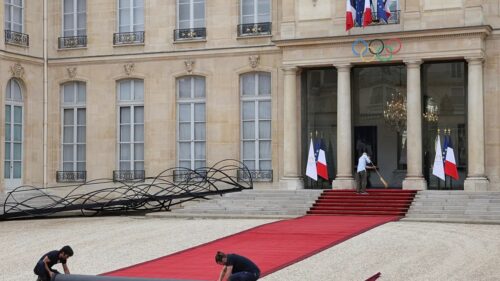
The attack on the Iranian consulate and its consequences
The Iranian consulate in Syria’s capital, Damascus, became a target of Israeli airstrikes. As a result, more than a dozen people were killed, including five officers and two generals of the Islamic Revolutionary Guard Corps. The two generals killed were Mohammad Reza Zahedi and Mohammad Hadi Haji-Rahimi. Both were experienced military officers and veterans of the Iran–Iraq War. Zahedi was the senior commander of the Quds Force of the Islamic Revolutionary Guard Corps in Syria. Rahimi was his deputy. Both were in Syria as military advisers.
According to the Associated Press, besides the high-ranking Iranian officers, Hussein Youssef, a famous Hezbollah member, was also killed in the airstrikes. The Israeli side itself has not made any statement regarding the strikes. Only the Israel Defense Forces (Tzahal) recalled the drone attack on the Israeli naval base. In fact, the Islamic Resistance in Iraq took responsibility for that attack. However, Israel claimed that the drones were made in Iran and that the attack took place on Tehran’s instructions.
In general, there have been many cases in the past when Iran, on the one hand, and the U.S. or Israel, on the other, directly or indirectly attacked each other’s facilities. And it is natural that a hybrid war is going on between these countries. However, the recent case was unprecedented in that it targeted a diplomatic building, which had never happened before. According to a viewpoint, widespread in Iranian official circles, this was an uncalculated move, and Israel is losing control over the situation in the region. However, the already-known information shows the opposite. According to Military Watch, Israel used an F-35 5th generation multirole fighter jet with an anti-radiation missile system, which fired six missiles. And before that, Israel already knew the exact place and time of the meeting of high-ranking Iranian military leaders. As a result, the strike caused the deaths of high-ranking members of the military. Thus, this implies a calculated action and not some spontaneous steps. In fact, Israel aimed to eliminate the pro-Iranian forces in the region. It is no secret that very often it is the Islamic Revolutionary Guard Corps that coordinates the activities of pro-Iranian forces. And this move was aimed at temporarily paralyzing Tehran. Thus, Israel will use the time that it has gained to focus on the protracted military operation in Gaza and to resolve it in its favor. The Israeli Defense Minister’s statement also comes to prove this view. As Time of Jerusalim reports, the minister did not comment on the airstrikes on the diplomatic building but stated that they would act wherever necessary to prevent the increasing forces of the opponents. Thus, the minister indirectly confirmed that it was them who carried out the airstrikes on the diplomatic building of Iran.
Some experts connect the current activation of national separatists in Iranian Balochistan with the Israeli attack on Iran’s consulate building. According to theorists, this is aimed at creating certain instability in Iran, so that the latter will focus on domestic issues and will become unable to adequately counterattack Israel. This viewpoint, of course, has the right to exist. However, we should remember that currently, a hybrid war is going on between Iran on the one hand and the U.S. and Israel on the other. And it is highly probable that the activation of the Baloch separatists is not a mere diversionary move, but an important part of a strategy designed by Iran’s opponents along with the attack on the diplomatic building. With regard to this, the statement issued by the White House that Israel had not informed them about its plans to make airstrikes on the consulate of Iran also raises doubts, as it would be very risky on the part of Israel to independently carry out airstrikes on the diplomatic building of such a powerful country like Iran, without informing its main ally of it. Thus, Tehran’s accusations, both against Israel and the U.S., are not at all ungrounded.
The Iranian side also threatened to severely punish those guilty of the incident. Some theorists believe that Iran has limited opportunities and cannot give a proportional answer to Israel. However, the expression “limited opportunities” is not that appropriate with regard to Iran. This country has a wide range of countermeasures against its adversaries, from espionage networks operating in the region to allied groupings. In addition, we should not exclude the possibility that Tehran may personally strike an Israeli target, as in the case of the U.S., when Qasem Soleimani, the leader of the Islamic Revolutionary Guard Corps, was killed in a military operation organized by Washington. In any case, whatever method Tehran chooses, there will definitely be a counterattack, and the developments in the region will continue to take place within the hybrid war logic.
These processes prove that currently, in order to protect national and state interests, states dare to attack both military targets and diplomatic agencies, only to gain a tactical advantage over the enemy. And what do we see in Armenia instead? Our current authorities keep talking about some imaginary crossroads and epochs of peace, and, under the guise of these fake theses, through the notions of delimitation and demarcation, they again legitimize the usurpation of Armenian lands by the enemy.
Ashot Barekyan



